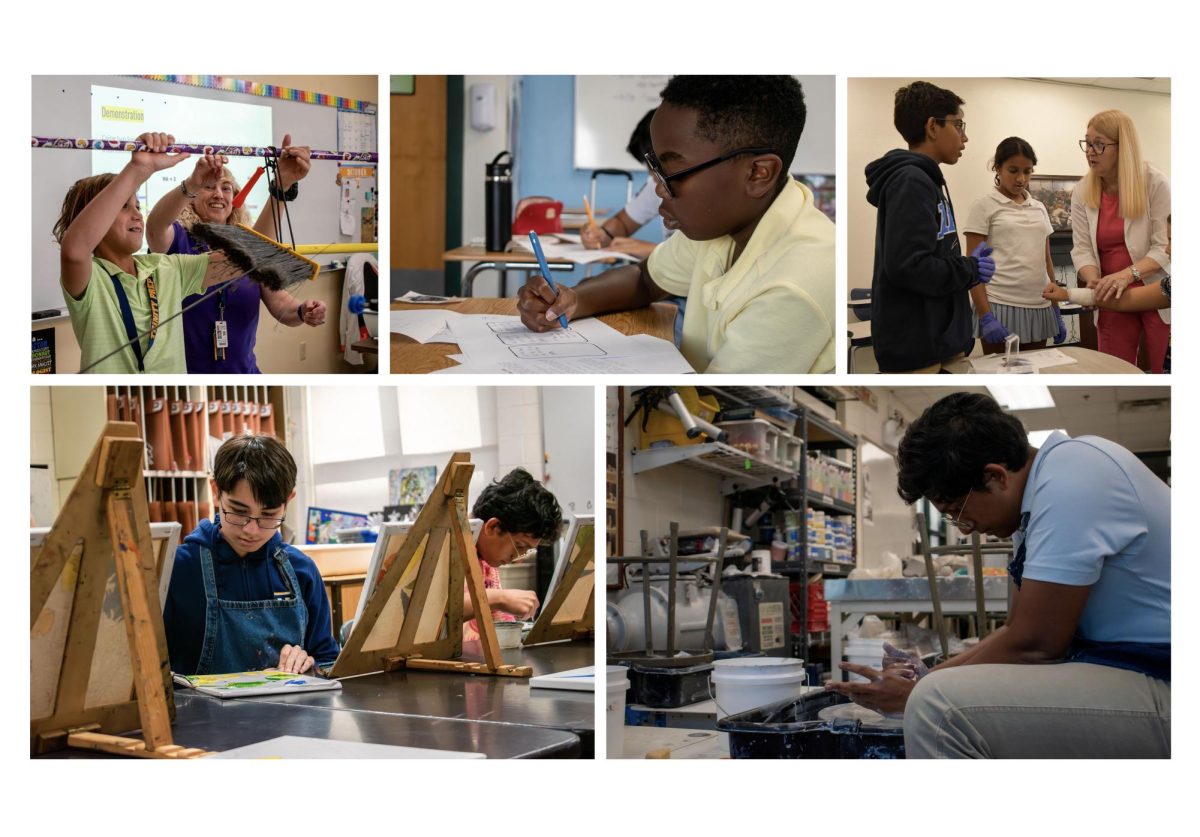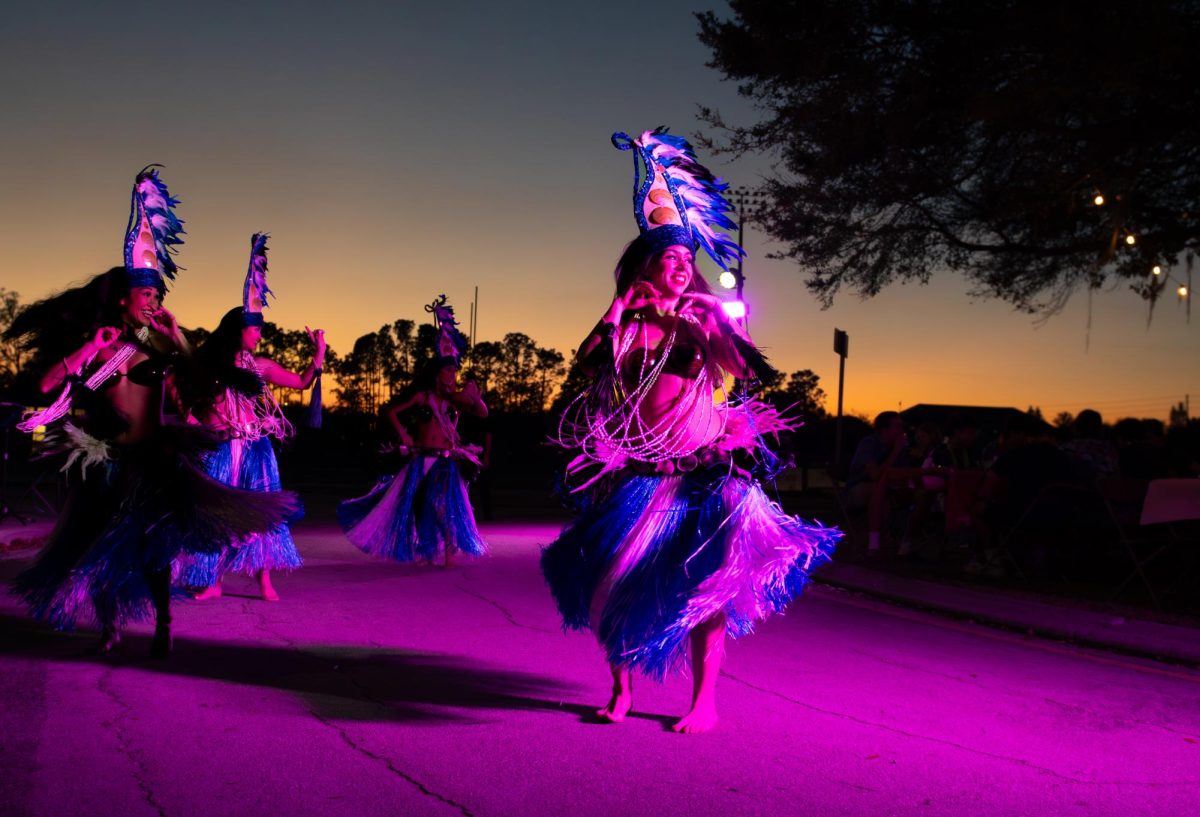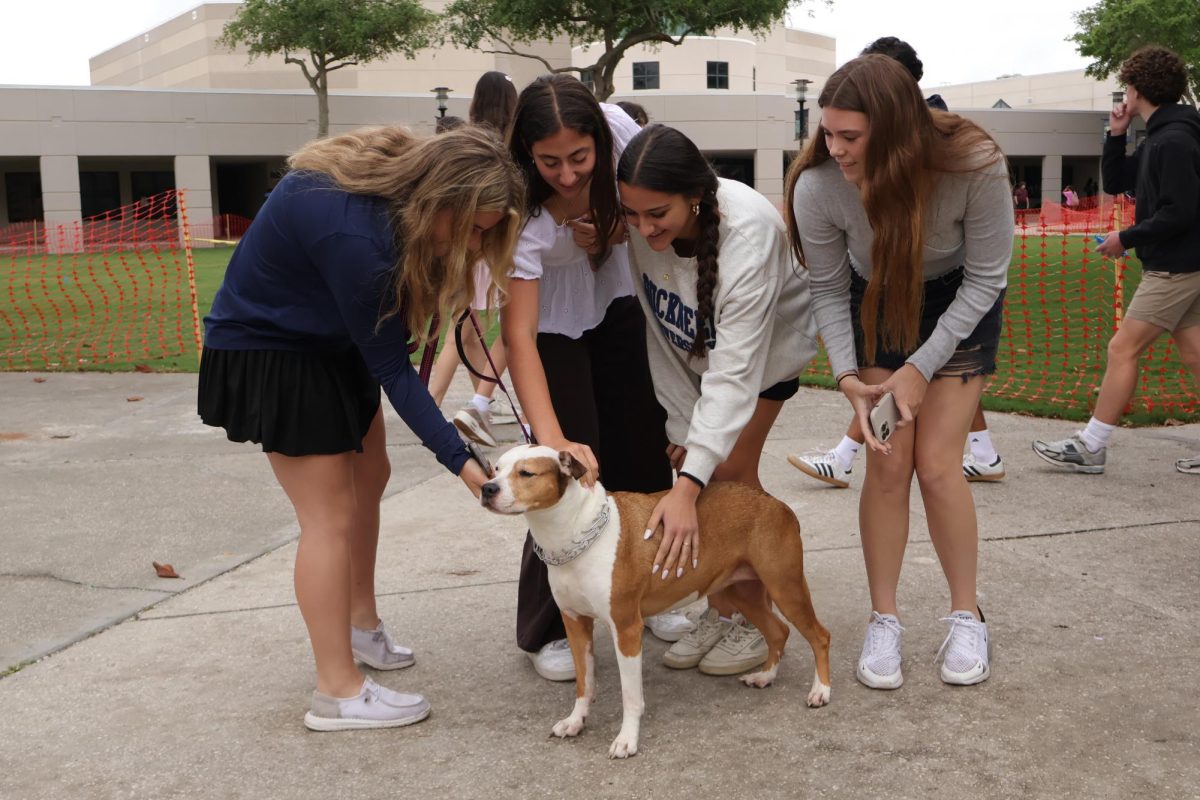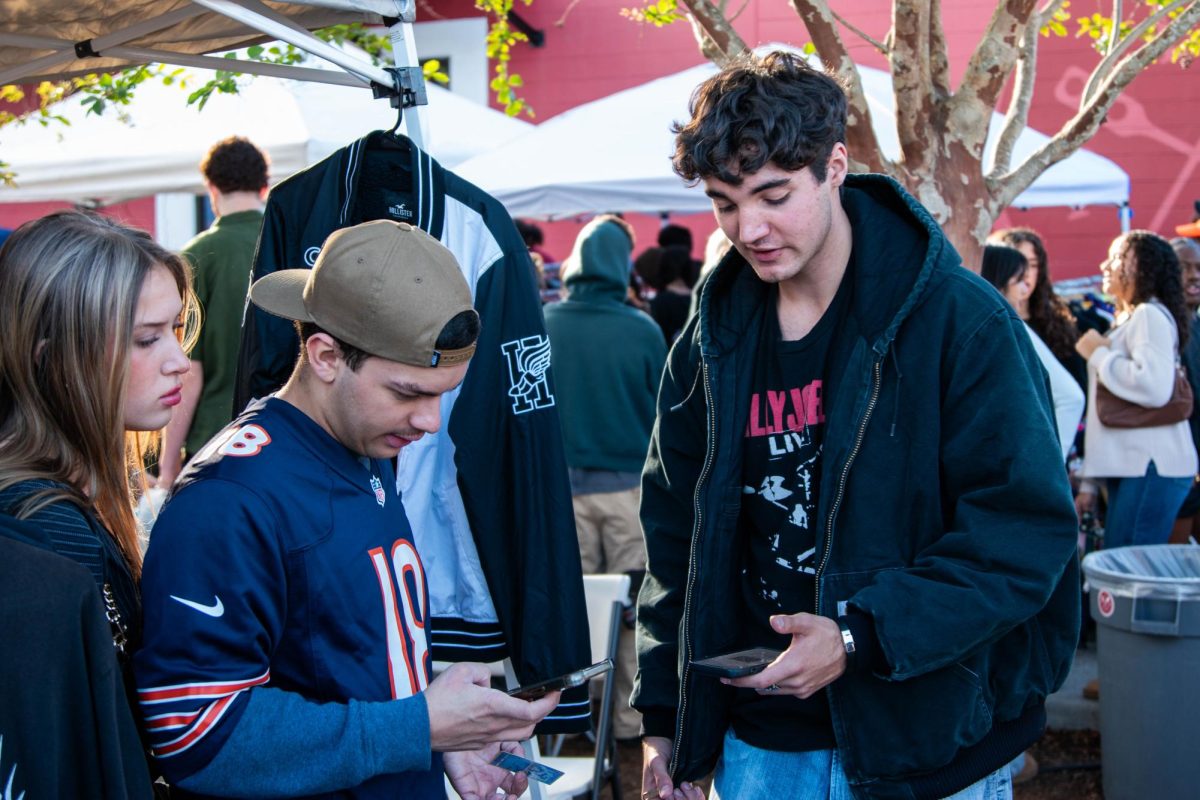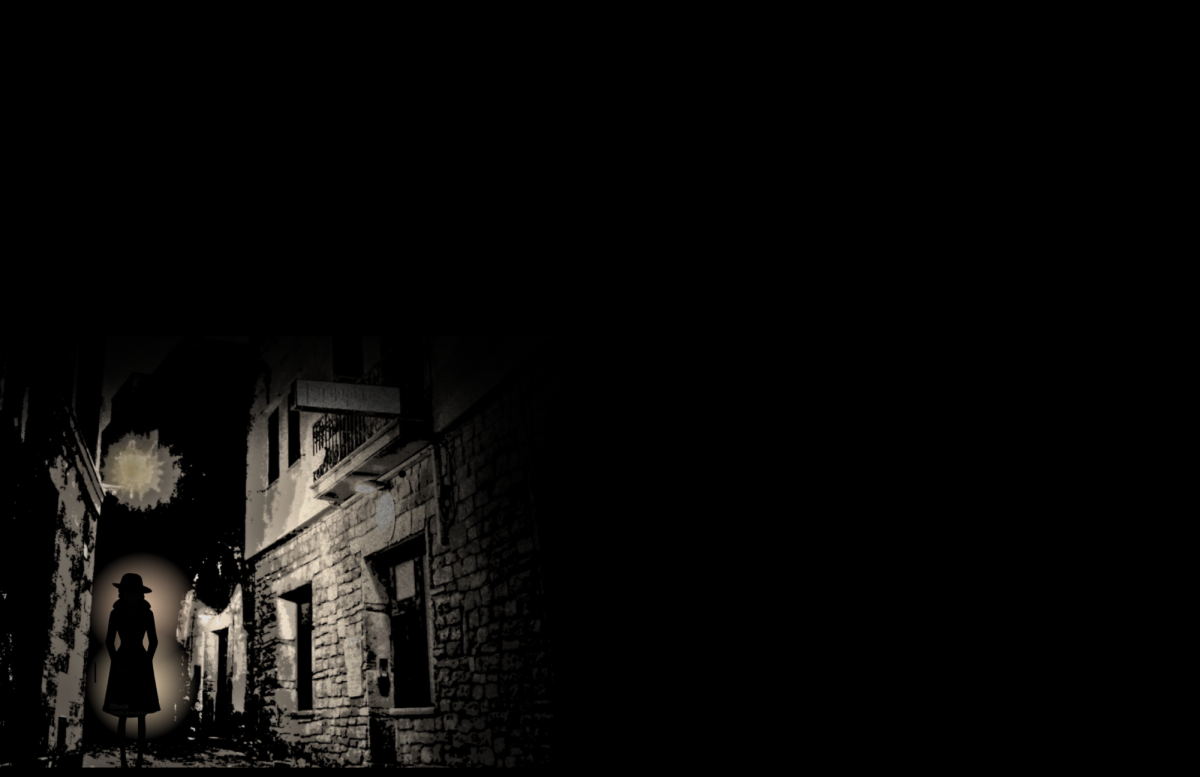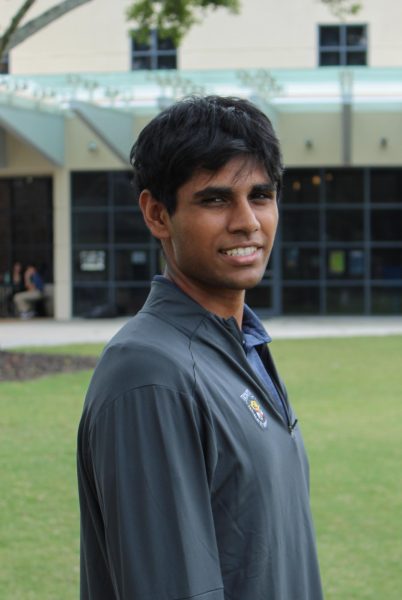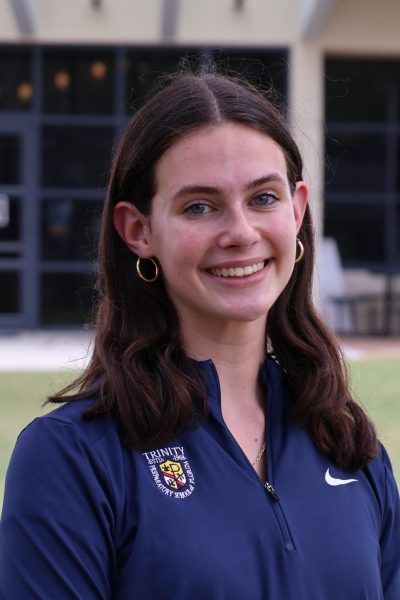The ancient artistic techniques of Wheel Throwing, the lifesaving skills of First Aid, and the cognitive thinking of Chess are just a few of the eight new after-school programs that Trinity Preparatory School is offering this year. These programs meet up once a week until the end of the first semester, allowing students to discover new interests and hobbies while also letting them explore their own pre-existing passions even further.
“There’s a lot already offered for our students after school,” Director of Auxiliary Programs Vincent Schachner said. “So we tried to find places that might be new or that aren’t already offered to our students.”
In order to form these programs, teachers were surveyed in order to see what programs they would like to teach and run, where they chose specific programs based on their individual interests.
“Painting is something that I practice as an artist myself and enjoy doing the most out of the art techniques that I know,” fine arts teacher Irina Ashcraft said. “So I thought that it would be a good fit [for an after-school program] because it not only builds skills, but it’s also an activity that’s relaxing for students after a full day at school.”
These programs for the time being require no previous skills to participate in, providing a unique opportunity for students.
“It’s a great chance for experiential education [and] exploration of what’s possible for students to know more about,” Schachner said.
Ashcraft’s plan for her program is to first assess what previous skills her students may have had with painting. Based on that, she will start up new projects that will build up from the simpler skills to the more complex skills of painting.
“The progress that I want to see is my students being more comfortable with painting techniques,” Ashcraft said. “[I want to] take away some of the fears of painting… and spike more interest in exploring a technique that they are more excited about and learning more depth in the future.”
With these programs, more personalized attention is given to students to ease them into picking up new skills and becoming more interested in select topics.
“There’s much less people [in Painting]with around six students in total, so the teachers can be more individualized to students.” freshman Sidarth Pothuraju said. “They pay more attention and [spend] more time, so it feels more involved.”
Alongside this, these programs also get students to become more proactive by improving their mindset.
“[These after school programs promote a] growth mindset that you can actually learn about anything.” Schachner said. “You just need to focus on it [so that] you can become better at it.”
These after-school programs doubly help involve students in campus affairs by instilling proactivity.
“It’s benefiting students who have to be stuck at school and sitting in the library,” Ashcraft said. “They can be more productive with their time and actually explore an interest and learn some skills.”
By the end of these programs, the skills that students learn could come and impact them later in life by possibly influencing their future hobbies and possibly what careers they may lean into..
“You never know,” Ashcraft said. “They could develop a new passion for painting, for chess or ceramics, whatever the program is and it could change their future.”




